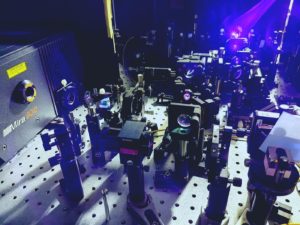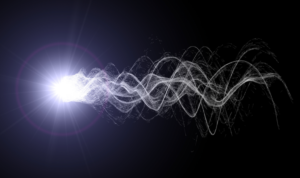One of the core tenets of quantum theor y is that systems can exist in superpositions of different states, now often termed “coherence.” However, only recently have scientists formulated a rigorous mathematical characterization of this property, work that has paved the way for many studies of coherence as a fundamental quantity. A crucial part of quantum theory is the identification of operations under which coherence can never increase, so-called incoherent operations. Here, we study a new set with a much-needed physical interpretation and discuss the implications of coherence in multipartite systems.
y is that systems can exist in superpositions of different states, now often termed “coherence.” However, only recently have scientists formulated a rigorous mathematical characterization of this property, work that has paved the way for many studies of coherence as a fundamental quantity. A crucial part of quantum theory is the identification of operations under which coherence can never increase, so-called incoherent operations. Here, we study a new set with a much-needed physical interpretation and discuss the implications of coherence in multipartite systems.
Here, we chose to focus on operations that cannot create coherence and, in a precise sense, cannot exploit coherence to outperform classical processes. We show that these strictly incoherent operations have a physical interpretation in terms of interferometry, and we give a prescription for their implementation by interacting the system of interest with a coherent ancilla. In doing so, we transcend abstract mathematical maps and instead work with basic gates and measurements. We argue that our set is the appropriate one for defining measures of coherence. Beyond single systems, we show that these operations have strong implications for the understanding of quantum correlations. We additionally find a fundamental link between coherence and discord-type correlations by giving conditions for the conversion between these resources.
- Quantum Processes Which Do Not Use Coherence
Benjamin Yadin, Jiajun Ma, Davide Girolami, Mile Gu, and Vlatko Vedral
Phys. Rev. X 6, 041028




